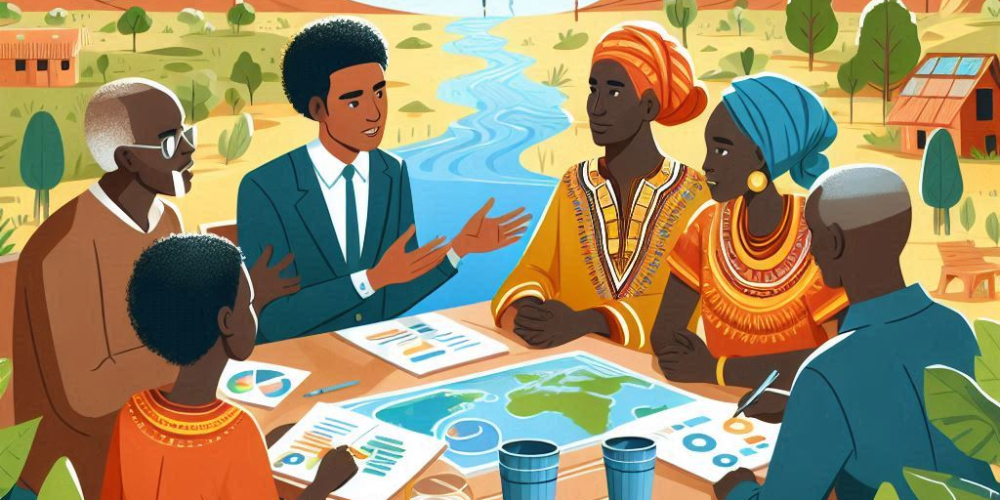Environmental and climate advocates will benefit from a strong commitment to sustainable development and climate action. His focus on integrating green technologies into various sectors, such as energy, agriculture, and transportation, will align with global climate goals and contribute to reducing carbon emissions. Advocates will also see enhanced support for environmental protection policies, including reforestation initiatives, waste management reforms, and the promotion of renewable energy sources. Furthermore, Dr. Bawumia’s vision includes collaboration with international partners to secure funding and technical assistance for climate resilience projects, empowering environmental advocates to influence policy changes and contribute to a greener and more sustainable future for the country.
Top 5 Frequently Asked Questions
Question 1: What specific targets are set for renewable energy development?
Answer: Dr. Bawumia’s policy commits to expanding solar power capacity by 2000 MW, adding to the national grid. This will significantly diversify Ghana’s energy mix, improve energy security, and reduce reliance on fossil fuels.
Question 2: What steps will be taken to promote climate-smart agriculture?
Answer: The policy promotes climate-smart agriculture aimed at addressing challenges such as climate change, soil degradation, and declining crop yields. Sustainable practices will be introduced to ensure that Ghana’s agricultural sector adapts to changing environmental conditions while maintaining productivity.
Question 3: How will waste-to-energy projects be implemented in Ghana?
Answer: Waste-to-energy projects are a key part of the policy’s environmental strategy. The plan focuses on converting waste materials into energy, which reduces environmental impact while also providing a renewable energy source. This will complement biofuel adoption initiatives.
Question 4: What enforcement actions will be taken to protect forests and water bodies?
Answer: Dr. Bawumia’s policy will enforce environmental regulations to protect forests and water bodies. This will include penalties for illegal deforestation and pollution, ensuring that Ghana’s natural resources are conserved for future generations.
Question 5: What is the plan for climate financing to support green development in Ghana?
Answer: The policy explores opportunities in climate financing and carbon trading to fund green projects, including in agriculture, mining, and climate adaptation infrastructure. Ghana will also leverage global climate finance opportunities through partnerships with other countries, ensuring sustainable funding for environmental initiatives




